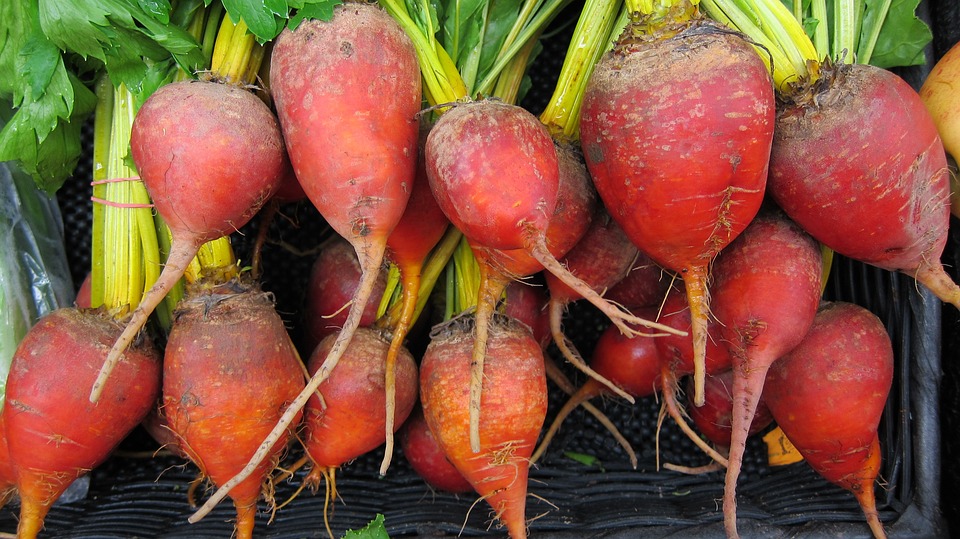Introduction
Growing your own organic vegetables not only ensures a reliable supply of fresh produce but also allows you to take control of what you put on your plate.
By cultivating nutrient-rich produce naturally, you can avoid harmful pesticides, chemical fertilizers, and genetically modified organisms that are commonly found in conventionally grown crops.
Organic vegetable gardening is a sustainable and eco-friendly way to harvest flavorful and healthy fruits and vegetables right from your backyard.
The Benefits of Organic Vegetable Gardening
Organic gardening offers numerous benefits to both individuals and the environment. Here are a few:
– Healthier Produce: Organic vegetables are packed with essential vitamins, minerals, and antioxidants, as they are grown in nutrient-rich soil without synthetic chemicals. This ensures a higher nutrient content, enhancing the taste and health benefits of the produce you consume.
– Environmental Sustainability: By steering clear of chemical pesticides and fertilizers, organic gardening promotes biodiversity, soil health, and water conservation. It also helps to reduce pollution and protect wildlife, creating a more sustainable and balanced ecosystem.
– Cost Savings: Growing your own organic vegetables can save money in the long run. Instead of purchasing expensive organic produce from supermarkets, you can enjoy homegrown vegetables at a fraction of the cost.
Getting Started with Organic Vegetable Gardening
Starting an organic vegetable garden may seem intimidating, but with a few simple steps, anyone can successfully grow their own organic produce. Follow these guidelines to get started:
1. Select a Suitable Location: Find a spot in your yard that receives at least 6 hours of direct sunlight daily. Ensure adequate water drainage and be mindful of nearby trees that may compete with your plants for sunlight and nutrients.
2. Prepare the Soil: Organic gardening starts with healthy soil. Test your soil’s pH level and make necessary adjustments using organic materials such as compost, well-rotted manure, and worm castings. Loosen the soil with a garden fork or tiller to improve drainage.
3. Choose the Right Plants: Select plants that thrive in your climate and are suitable for your particular growing conditions. Research the appropriate spacing, depth, and watering requirements for each vegetable you plan to grow.
4. Nurture Your Plants: Provide your plants with ample water, considering the specific needs of each vegetable. Mulch around your plants to conserve moisture and suppress weeds, reducing the need for excessive watering and manual labor.
5. Natural Pest Control: Use natural pest control methods, such as companion planting, attracting beneficial insects, and handpicking pests to protect your plants without the need for harmful chemical pesticides.
6. Maintain Your Garden: Regularly weed your garden to prevent competition for nutrients and space. Rotate crops annually to avoid soil nutrient depletion and minimize disease. Harvest your vegetables at their peak freshness to enjoy the full flavor and nutritional value.
Common Challenges and Solutions for Organic Gardeners
Organic gardening comes with its share of challenges. Here are some common problems that organic gardeners face and potential solutions:
– Weed Control: Avoid chemical herbicides by using mulch, hand weeding, or mechanical weeders to keep unwanted plants at bay.
– Pest Management: Use organic pest deterrents such as neem oil, insecticidal soaps, or homemade sprays made from garlic or chili peppers to control pests.
– Disease Prevention: Promote plant health through proper spacing, good air circulation, and regular inspections to catch and address diseases early. Remove infected plants to prevent the spread of disease.
FAQs
Q: How long does it take for vegetables to grow in an organic garden?
A: The growth period depends on the specific vegetable you are growing. On average, most vegetables take anywhere from 60 to 90 days to mature, but some may take longer.
Q: Can I use compost from kitchen scraps in my organic garden?
A: Yes, composting kitchen scraps is an excellent way to recycle organic waste and enrich your garden soil. Avoid using meat, dairy products, and oily foods in compost to prevent attracting pests.
Q: How often should I water my organic garden?
A: The frequency of watering depends on factors such as weather, soil type, and the specific needs of your plants. In general, it’s best to water deeply and less frequently to encourage deeper root growth.
Q: Can I use organic gardening methods in containers or small spaces?
A: Absolutely! Organic gardening can be adapted to containers, balconies, rooftops, or small spaces. Choose appropriate containers, use organic potting soil, and follow the same principles of organic gardening.
Q: Are organic vegetables more expensive to grow?
A: While there may be some initial costs involved in setting up an organic garden, such as buying organic seeds or organic soil amendments, growing your own vegetables can ultimately save you money compared to purchasing organic produce from stores.




